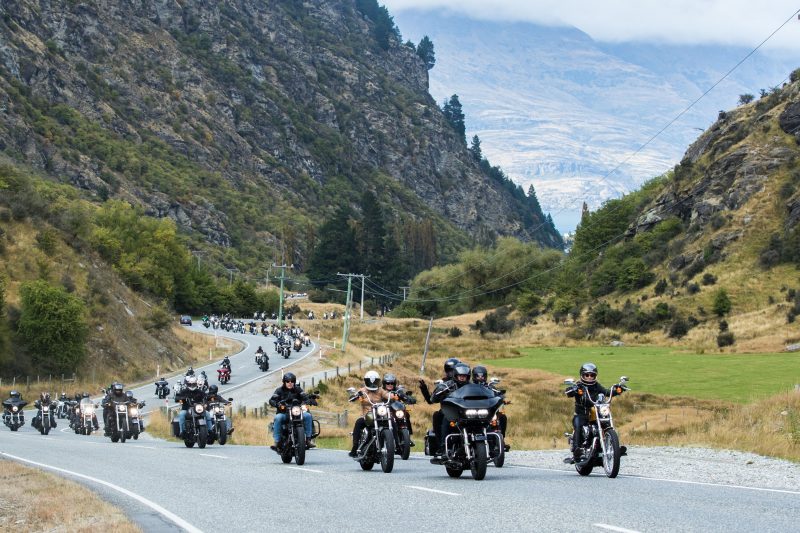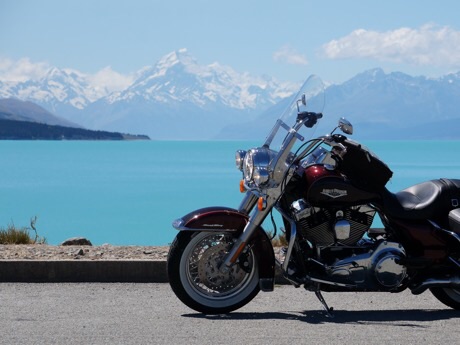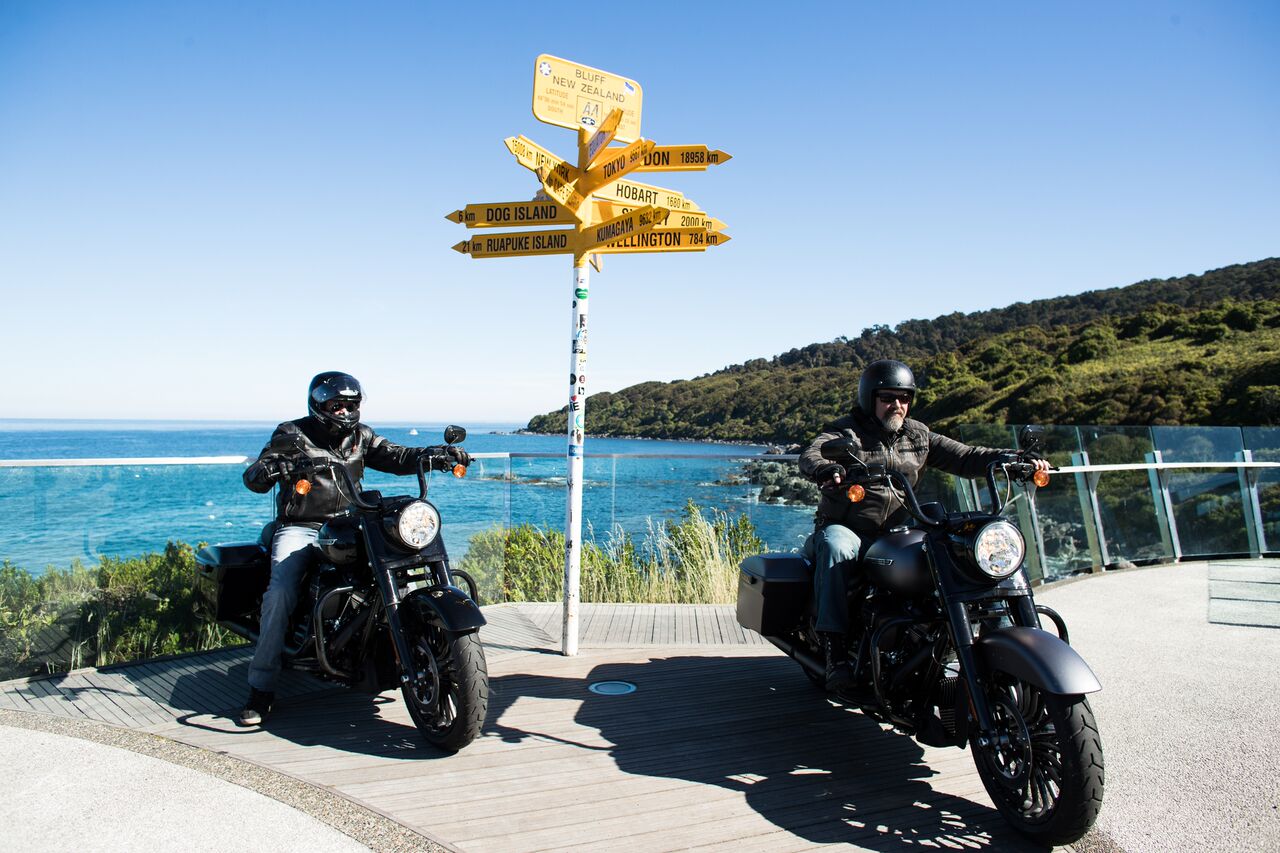Kiwi riders are being offered $200 cash-back rewards on their motorcycle registration if they complete approved rider courses.
It’s an interesting approach to the issue of the hefty insurance component in annual registration fees.
In Australia, the Motorcycle Council of NSW is calling for third-party insurance on riders, not motorcycles as governments continue to hike up annual registration and safety levy fees.
Kiwi rewards
New Zealand’s Accident Compensation Corporation claims their no-fault accident insurance scheme is like no other in the world, covering Kiwis as well as foreign visitors for the cost of treatment, rehabilitation or compensation.
The ACC launched the pilot cash-back scheme because motorcycles are 3% of vehicles on the road, yet represent up to 20% of the cost of road crashes, costing $102m from 7000 claims in 2018.
They say Kiwi riders pay $397 a year in rego which includes a $25 safety levy, but the ACC claims that if riders paid the true cost to cover all motorcycle injuries, it would be up to $1746 a year.
However, one Kiwi rider tells us they pay $519 for their motorcycle but only $79 for their car.
The ACC say the 20,000 riders who have completed one of their Rider Forever courses are 27% less likely to have an ACC claim from a crash.
So they have launched their pilot cash-back scheme that runs to 30 June 2021 to encourage more riders to take one of their courses.
Riders can select from four on-road course types from beginner to advanced, costing from just $20 to $50 and lasting four to eight hours.
Rider feedback
They say their cash-back rewards system was developed from rider claiming they do not cause the majority of crashes and that longtime riders who have not had a crash should be rewarded.
However, the ACC says riders are at fault in 64% of motorcycle crashes and older, more experienced riders, are over-represented in the statistics.
They claim the situation is worsening because there has been a rapid growth in rider numbers, average ages and kilometres covered, most of which are on deadly country roads.
“Since the year 2000, the average age of motorcyclists has gone up and the percentage of injured riders aged above 40 has risen from 26% to 45%,” the ACC says.
“Additionally, the kilometres travelled by motorcyclists has gone up – they’re riding more and are likely riding in rural areas at speed.
“In fact, open road riders are involved in nearly three-quarters of fatal motorcycle crashes. The biggest motorcycle crash type involves the rider losing control on a bend or curve, and sustaining more severe injuries because they’re riding in higher-speed zones.”
The cash-back system is $100 refund per year per course and limited to two courses.
Phil Heath, an Australian who now lives in Auckland and works at the North Auckland Harley-Davidson ays the cash-back system is well received by riders.
“Wonderful to see something come out of the blue from government to assist motorcyclists,” he says.
“From all those years in Australia, I would never expect anything like this.
“In NZ, riders are officially encouraged to ride and be safe, rather than discouraged from being on the roads at all which is my concept of Australian governments.“
Our comment
While riders would appreciate this rare “carrot” rather than the usual “stick” approach, these cash-back rewards represent another biased attitude toward motorcycles and scooters.
How about a similar rewards system for drivers if they do an advanced driving course?
Riders in each state of Australia already face escalating registration and insurance costs while Victorians also pay an annual $70-odd safety levy on top.
Making an issue of motorcycle crash statistics only serves to demonise riders in the public eye rather than point out their vulnerability.
Once riders are singled out for special treatment, the authorities and insurance companies are at liberty to apply all sorts of Draconian measures that could even include tracking devices to monitor our behaviour.




